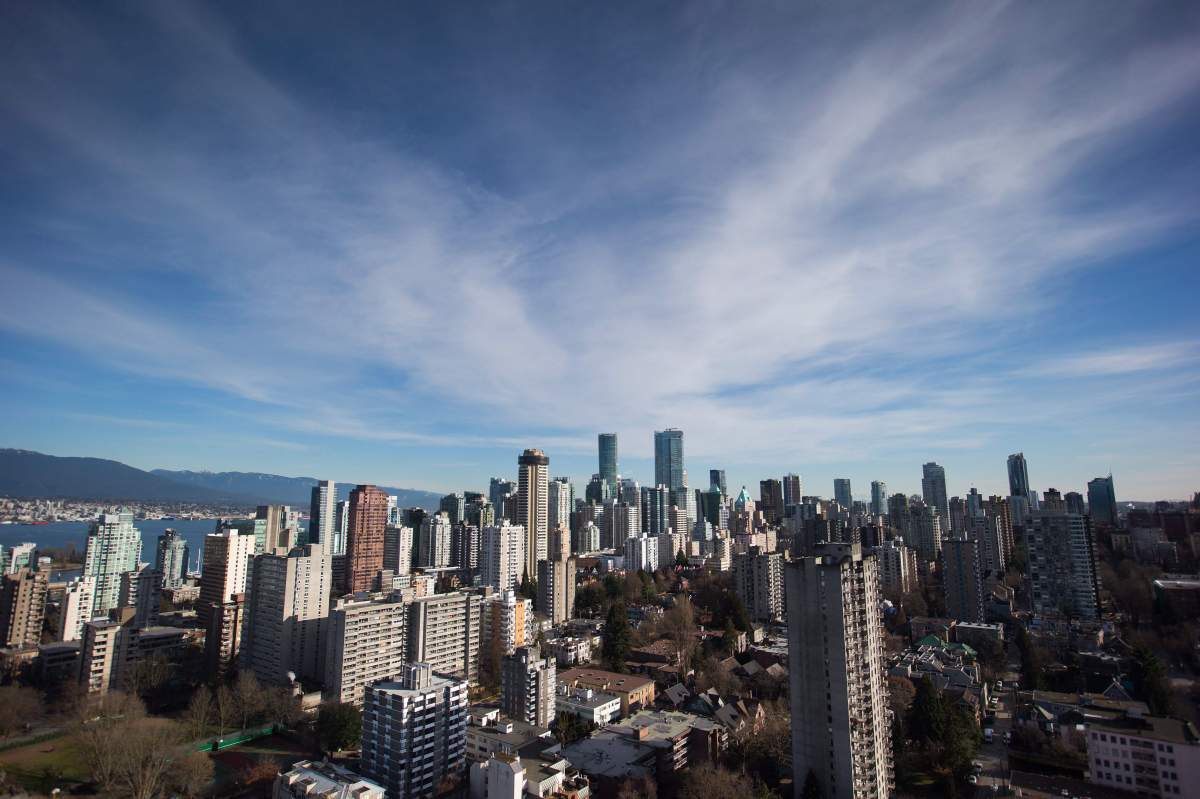The provincial government may be on the verge of stopping landlords from being able to jack up the rent on a tenants at the end of a fixed-term lease.

Housing Minister Selina Robinson announced a slate of amendments to the Residential Tenancy Act and Manufactured Home Park Tenancy Act on Thursday.
If the amendments pass, they’ll only allow landlords to use a so-called “vacate clause” in certain situations.
READ MORE: Housing minister says legislation to end fixed term lease loophole ‘imminent’
Vacate clauses are terms in fixed leases that either require tenants to move out, or sign whole new leases.
Landlords were accused of using the clause as a loophole to raise the rent beyond what’s allowed under the Residential Tenancy Act.
“We are protecting the rights of renters who, for too long, have been left open to unfair and unjustified rent increases,” Robinson said in a news release.

Get daily National news
“By closing this loophole, renters will know they’ll be able to stay in their homes without the threat of skyrocketing rents.”
But that’s not all the amendments will do, if they pass.
They’ll also limit any increases in rent between a tenant’s fixed-term leases to maximum annual allowable amounts. That amount is currently two per cent plus inflation, a news release noted.
What this means is that instead of raising the rent significantly on the next lease, landlords would only be able to raise it by two per cent this year.
Next year, it will be four per cent.
New and existing tenancy agreements would be subject to these rules, a news release said.
The amendments would also aim to “streamline the dispute resolution process for the return of security deposists.”
Should a landlord fail to return a security deposit to a tenant, then the tenant would be able to use a simplified process to have their money returned.
The government expects that tenants could have their deposits returned within three weeks, as opposed to up to six months.
- With files from Jeremy Lye and Simon Little







Comments
Want to discuss? Please read our Commenting Policy first.